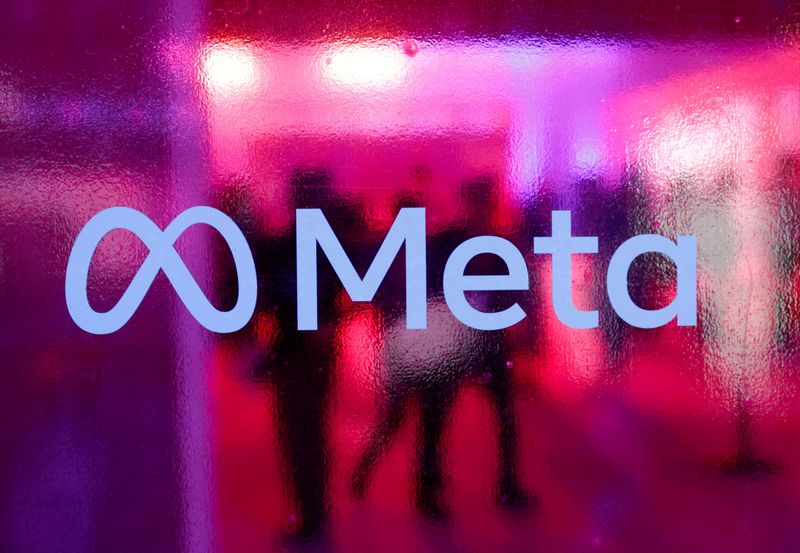Follow us on LinkedIn
What is a Holding Company?
Holding companies, often referred to as parent companies, are a strategic financial structure that plays a pivotal role in modern business. They are designed to hold and manage investments in subsidiary companies, offering a range of benefits for businesses and investors. However, like any financial arrangement, holding companies come with their own set of advantages and disadvantages. In this blog post, we will delve into the concept of holding companies, exploring their advantages and potential drawbacks.
Types of Holding Companies
Holding companies come in various forms, each with distinct characteristics and purposes. One common type is the Pure Holding Company, which serves primarily as a passive investment vehicle. Its main function is to own and manage subsidiary companies, typically holding a controlling interest in them. Pure holding companies generate income primarily through dividends and capital gains from their subsidiary investments. They usually refrain from getting involved in the day-to-day operations of their subsidiaries, allowing the management teams of those subsidiaries to run the businesses independently.
On the other end of the spectrum, we have Operating Holding Companies. These entities are more actively engaged in the management and operations of their subsidiary companies. Operating holding companies often play a crucial role in providing strategic direction, resources, and expertise to their subsidiaries. While they still hold a controlling interest, they may take a hands-on approach to shaping the strategic direction of their subsidiary businesses. This type of holding company is especially prevalent when a parent company wants to exercise direct control over its subsidiaries’ activities.
Intermediate Holding Companies, as the name suggests, act as intermediaries between the parent company and its operating subsidiaries. These holding companies are often established for structural or regulatory purposes. They can serve as a buffer, streamlining the flow of resources, investments, or ownership between the parent company and its subsidiaries. Intermediate holding companies can be particularly useful when dealing with complex ownership structures or regulatory requirements that necessitate an additional layer of organizational hierarchy.
Advantages of Holding Companies
- Asset Protection: One of the primary advantages of holding companies is asset protection. By segregating assets into different subsidiaries, the parent company shields its core assets from potential liabilities or legal claims arising in a subsidiary.
- Diversification: Holding companies can diversify their investments across various industries and sectors by acquiring different subsidiaries. This diversification spreads risk and reduces the impact of poor performance in one sector.
- Tax Benefits: Holding companies may enjoy tax advantages, such as tax deductions on interest payments for loans used to acquire subsidiaries. Additionally, they can offset profits and losses among subsidiaries to optimize tax liability.
- Streamlined Management: Holding companies can centralize management and administrative functions, making it easier to oversee multiple subsidiaries efficiently.
- Economies of Scale: As subsidiaries grow, they can benefit from economies of scale by sharing resources and reducing costs, which can ultimately lead to increased profitability.
Disadvantages of Holding Companies
- Complex Structure: The structure of a holding company and its subsidiaries can be complex and challenging to manage, requiring significant legal and financial expertise.
- Risk Concentration: While diversification is an advantage, it can also lead to risk concentration if one subsidiary performs poorly, potentially affecting the overall financial health of the holding company.
- Regulatory Compliance: Holding companies may need to navigate a web of regulatory and compliance requirements, which can vary by industry and jurisdiction.
- Control Issues: Managing subsidiaries often involves balancing the interests of various stakeholders, which can lead to control issues and conflicts, especially if there are minority shareholders.
- Costs: Establishing and maintaining a holding company structure can be costly, involving legal fees, administrative expenses, and potential tax planning costs.
Conclusion
Holding companies are a versatile financial tool that can provide significant advantages, including asset protection, diversification, and tax benefits. However, their complexity, regulatory challenges, and the potential for risk concentration require careful consideration. Businesses and investors must weigh these advantages and disadvantages to determine whether a holding company structure aligns with their strategic goals and risk tolerance. When implemented thoughtfully and managed effectively, holding companies can be a powerful asset in the world of corporate finance.
Further questions
What's your question? Ask it in the discussion forum
Have an answer to the questions below? Post it here or in the forum




